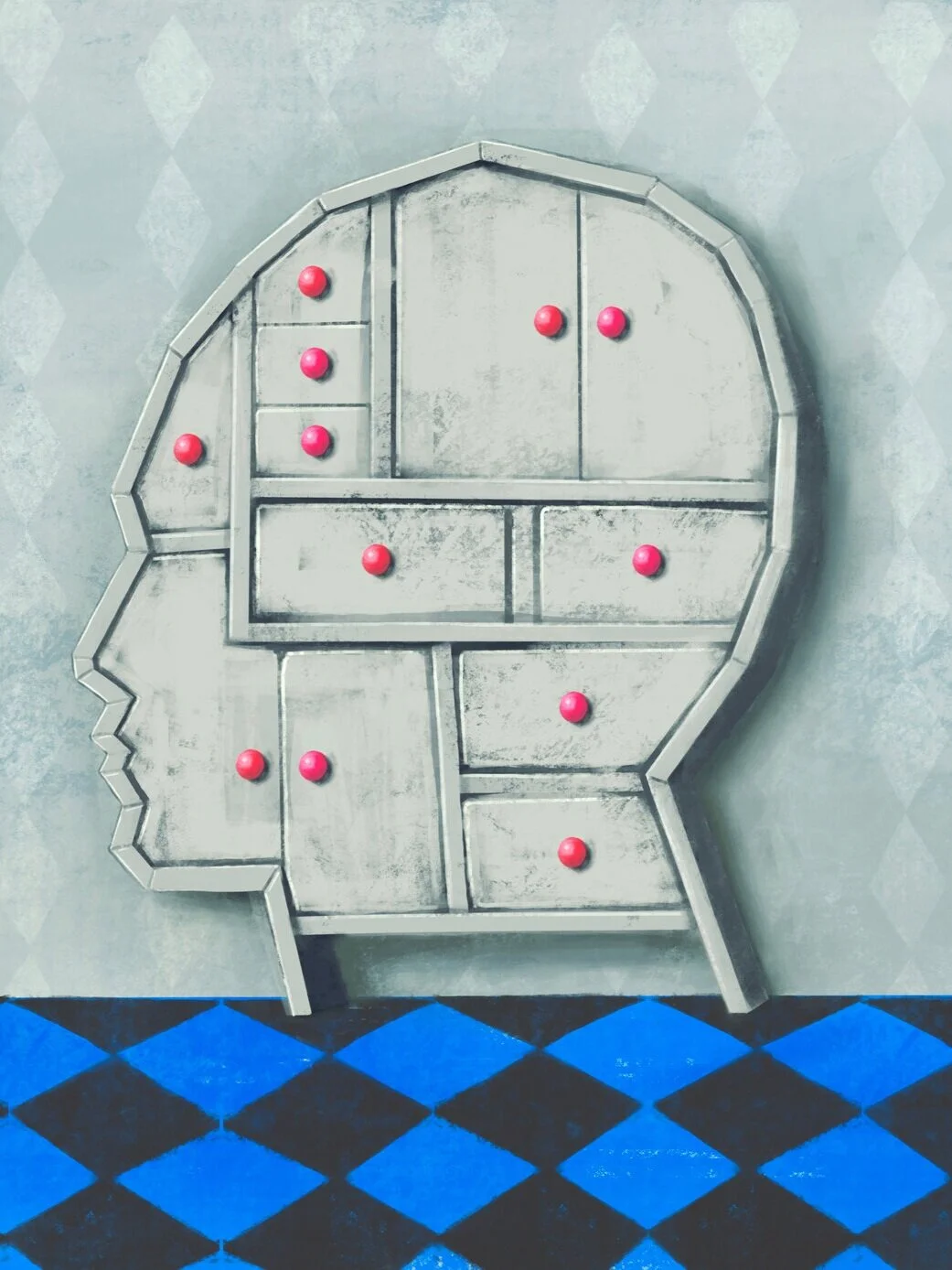ASMR stands for ‘autonomous sensory meridian response.’ It describes the sensation some people experience in response to certain auditory and visual stimuli (triggers) such as:
• whispering or speaking softly,
• tapping, scratching, or crinkling sounds,
• personal attention such as applying make-up or brushing hair,
• slow hand movements such as turning the pages of a book or stroking fabric.
Read More














